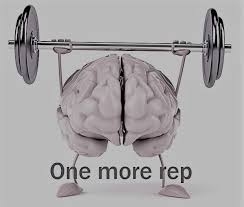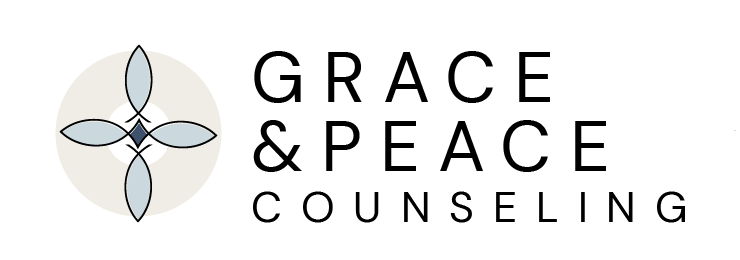Remember the old commercials showing an egg frying in a pan? The voiceover stated, “This is your brain on drugs.”
We used to believe that our brains were unchangeable, inflexible, fixed. In the past few decades, neuroscience has changed that belief (https://positivepsychologyprogram.com/neuroplasticity/).
Although the concept in the commercial was accurate; it was limited. Obviously, drugs are bad for us. Not so obvious are the ways in which our thoughts and behaviors effect our brains. Negative thinking habits and behaviors wire our brains toward a negative bias. Conversely, positive thinking habits and behaviors wire our brains toward a positive outlook.
Research on brain scans has proven that our brain is indeed malleable and we can influence the way our brain operates. Neuroplasticity is the brain’s ability to adapt, change, and rewire itself in response to physical changes or changes in our environment.
According to Dr. Michael Merzenich, “Your experiences, behaviors, thinking habits, thought patterns and ways of reacting to your world are inseparable from how your brain wires itself. Negative habits change your brain for the worse. Positive habits change your brain for the better” (http://songhanhphuc.org/science-explains-what-happens/).
 Our brain is basically just like a muscle; the more we intentionally exercise it, the stronger it will be. In other words, if you exercise your negativity muscle, you will grow negative thoughts and behaviors. If you exercise your positivity muscle, you will gain strength in looking at things from a more positive perspective.
Our brain is basically just like a muscle; the more we intentionally exercise it, the stronger it will be. In other words, if you exercise your negativity muscle, you will grow negative thoughts and behaviors. If you exercise your positivity muscle, you will gain strength in looking at things from a more positive perspective.
Like a path worn by footsteps in a field, our brains tend to follow the path already set. When you complain, your brain is building the pathway to complaining. In other words, the more we focus on the negative, the more we will see our world as negative. And vice versa. It takes intention and practice to get our brains out of the negative mindset. We just have to forge a new path. Just as an unused path through a field will grow over, so will the path in our brains.
Repetition is the key to learning – and unlearning or relearning. Our brains believe what we tell ourselves. When you say to yourself “I can’t” you are reinforcing that pathway. When you say “I can” you are strengthening that pathway. You get to choose.
In the poem “The Road Not Taken,” Robert Frost discusses the impact of our choices.
“Two roads diverged in a wood, and I—
I took the one less traveled by,
And that has made all the difference.”
You can take a different route than the one you are currently on and it will make a difference.
